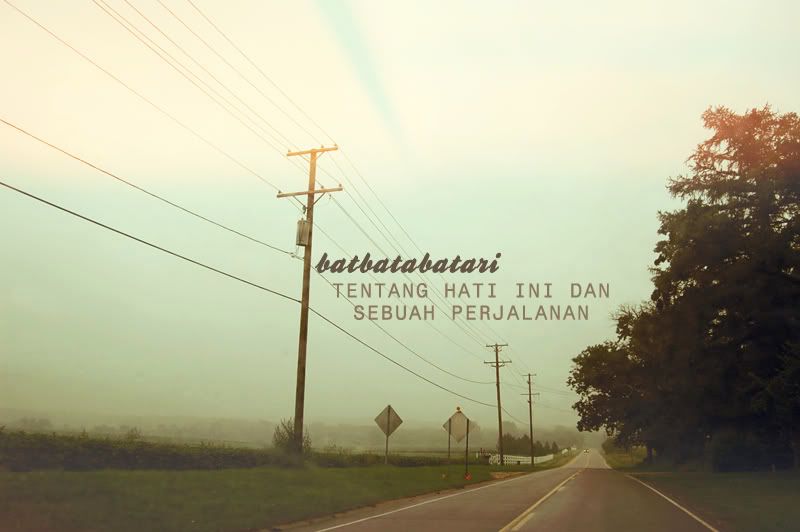Tuesday, November 06, 2012||
On GW interview
I recently enjoy watching interviews and talk-shows in YouTube. This is a more convenient way to follow news - through uploaded TV clips rather than online newspaper articles.
Among my favorites are talk-shows in Metro TV and interviews in Impact. Below is a part of Talk Indonesia September show with
Gita Wirjawan. Some of his ideas are worth noting.
--
DT: Indonesia cannot continue depend on its abundant and profitable natural resources for its economic health. We got to make things. In what context do you mean that?
GW: It is not a zero-sum game. It is basically our attempt to expand the economic pie. If we take a look at the portrait of Indonesia from the trade standpoint, from an industrial standpoint, there is not enough stuff that got processed in Indonesia. And I think whatever policy, economic policy, that we come out with, have to be supportive of our ability, if not increasing ability, to climb up the value chain.
A lot of stuffs that got send off from Indonesia has not been processed. There is a lot of value creation by processing, whether minerals or some other natural resources. We are just quite conscious of, if we don't do this now or soon, the risk - we just become a natural resource producer, for our kids and grand-kids. That is certainly not kind of future that we want.
DT: Can Indonesia be transformed into Silicon Valley, or Redmond Washington? Where can we move to, what can be look forward to, what sectors?
GW: I think we have a chance, but not tomorrow. It will take some years. You've got to back track a bit to size up where we are, from an educational infrastructure standpoint. We got fewer than 30 thousand PhDs compared to 800 thousand in China and 600 thousand in India. If we peel the MP3EI, the master plan, it tells us a story of how many graduates we would be able to produce by 2025 - that relates to about 17 million of them. Now we are just got to be clear how many of these 17 million we want to turn out to become PhDs in technologies and masters in economics and bachelors in agriculture.
DT: A recent opinion piece on the Jakarta Post, you may have read it, from a professor in South Korea - he criticized that we are basically being a cheaper substitute for China.
GW: Never has there been, you know, a proposition of trying to be cheaper than anybody else here. It is truly about climbing up the value chain. There is no reason for any Indonesian not to aspire to be able to be building stuff that matters.
DT: So you defend it to the end?
GW: I don't need to write an opinion on op-ed to defend it. I think the silent majorities understand Indonesia certainly has to have a future where our kids and grand-kids should not just be planters and miners. We got to be able to build something, we got to be able to create something.
...
I think the frustration is usually coming out of the notion that things do not change as quickly as you want to be. But I am a half glass full guy, I have taken a view that Indonesia is moving on the right track. It is gonna be a great economy in the next 10 to 20 years and I am completely aware of the fact that we are taking the necessary big little steps or small big steps, one at a time. If anybody expects things to change within 24 hours, it is probably not possible. But as long as you know that things are moving in the right direction, and the directionality is well-defined in a good way, that is all you got to take a view on. And you take ownership with that, you stick with the script and you just go with it.
--
More discussion about the related issues on
Economic Challenges Metro TV. I personally think Indonesia, from industrial policy point of view, is going forward. Pengalihan bahan mentah tidak lagi sepenuhnya untuk ekspor namun juga untuk diolah sendiri, investasi yang dikawal dengan industri penunjang, keberpihakan pada industri dalam negeri, dan pembangunan sumber daya manusia.
Sometimes it is difficult to convince people to accept your idea. Some people do it well, like Mr. Wirjawan. I wonder if this is a skill that can be trained. The ability to articulate ideas in your head into sensible rational words, hmm this is the ability that every educated person should master.

